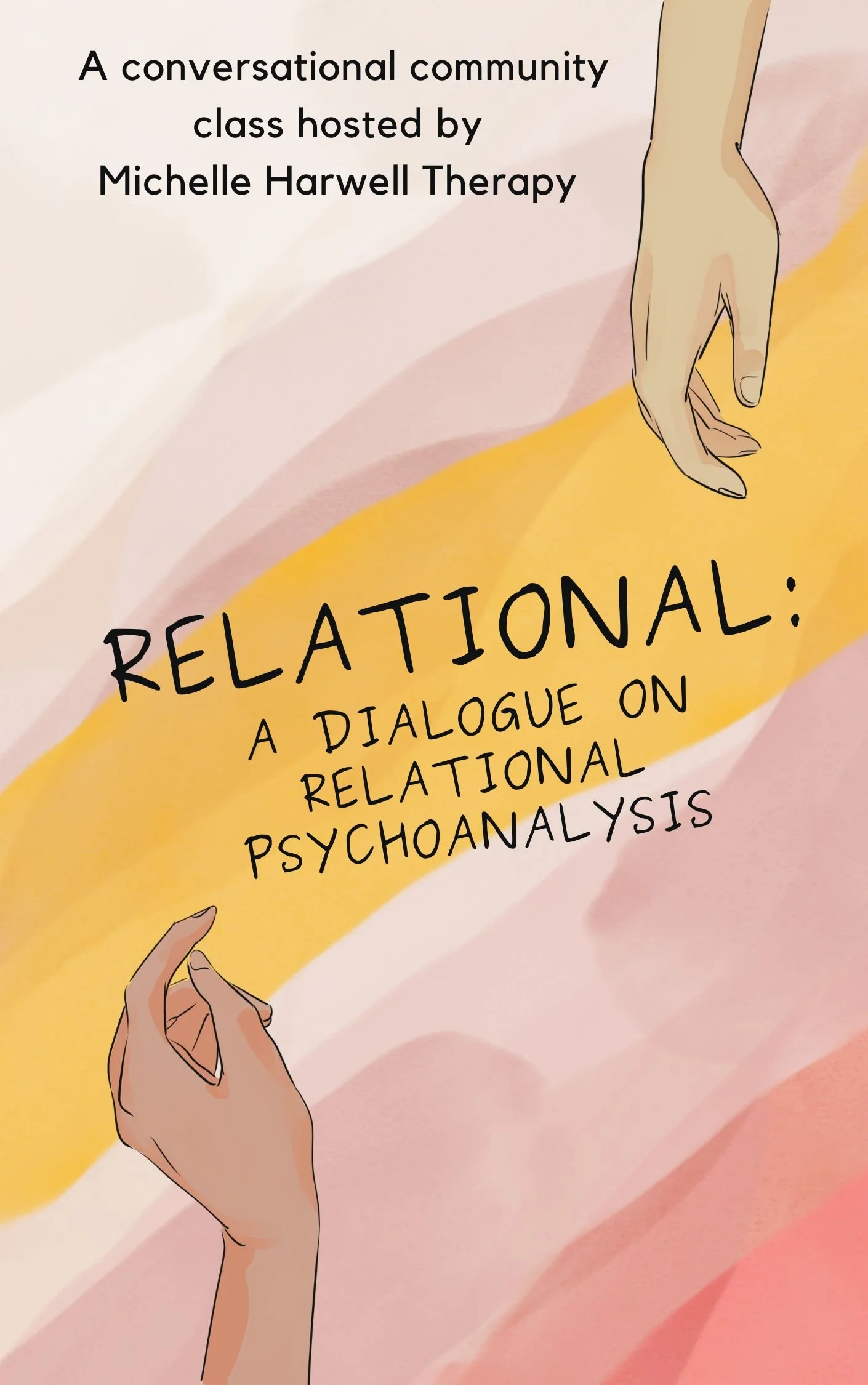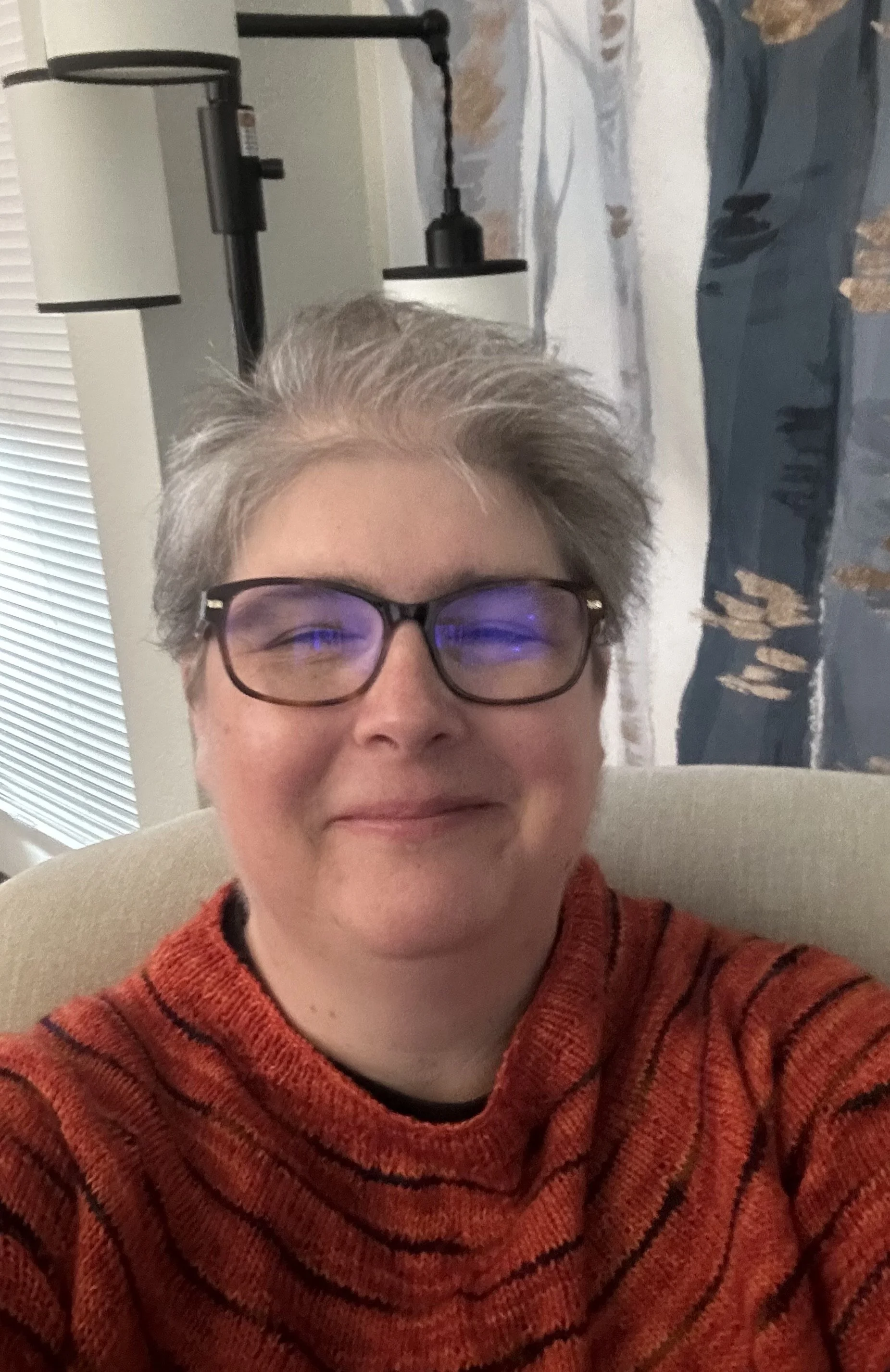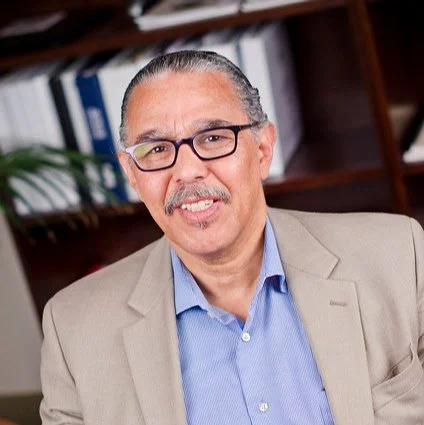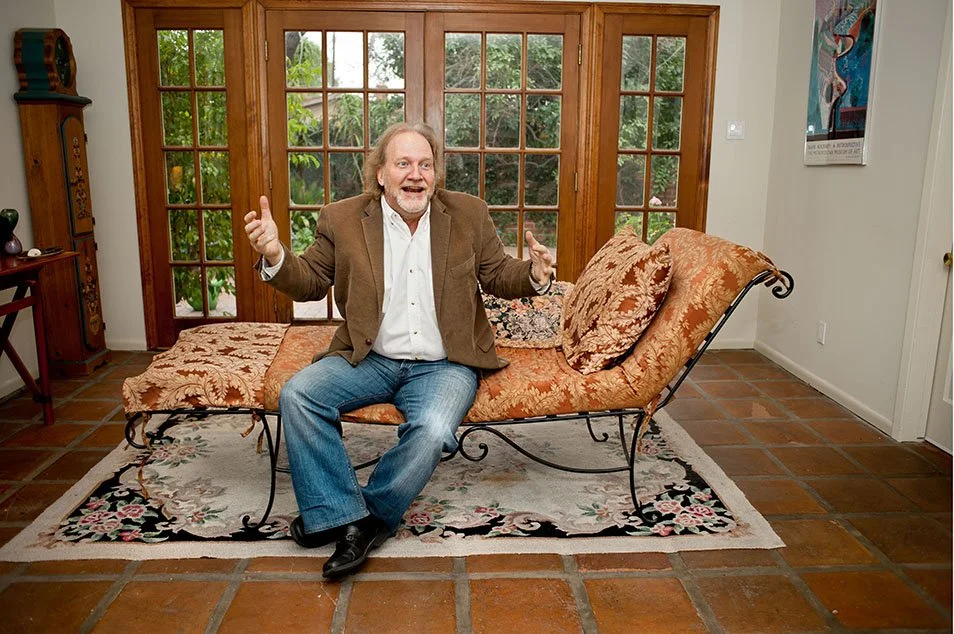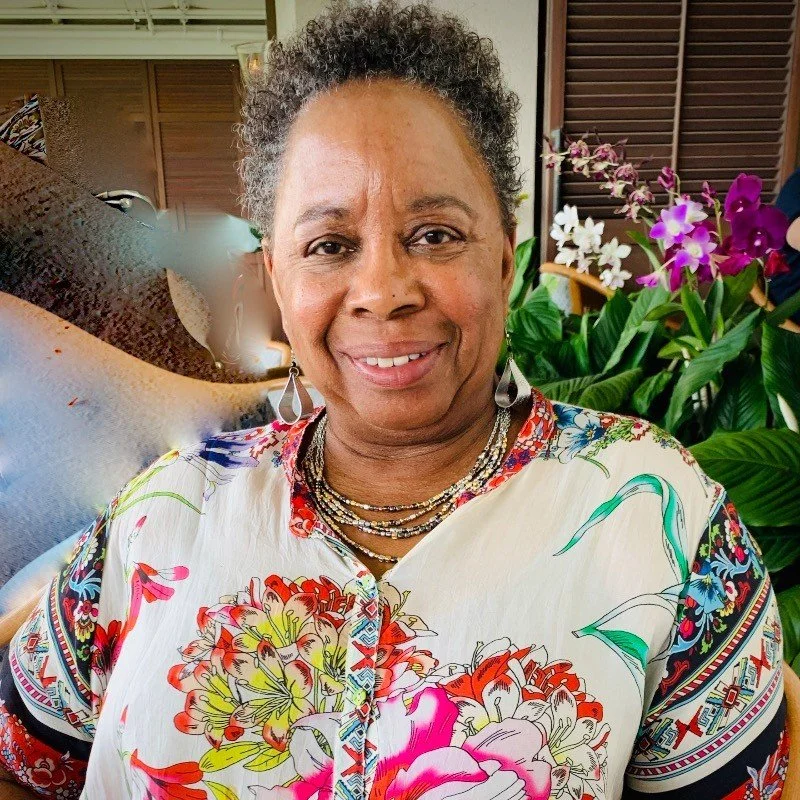We believe clinicians are hungry for spaces that offer vitality, complexity, and a deep relationality that makes room for recognition of otherness and belonging; dialogue that sheds the suffocating malaise of moral hierarchy and risks something real and vulnerable to know one another, to feel one another a little more. And we think relational psychoanalysis in its ideals offers us the potential of this kind of authentic encounter.
Dr. Michelle Harwell will be facilitating this FREE online community class on relational psychoanalysis where you will witness honest and vulnerable dialogue with the leading contemporary relational thinkers exploring the radical roots of relational psychoanalysis, where it is heading, what it continues to offer a younger generation of therapists, and what we must address to remain relevant.
Friday, August 18th, 930-11am , Dr. Adrian Sanchez and Dr. Nicole Nelson: Queering relational psychoanalysis. Join us as three developing queer psychoanalysts discuss experiences negotiating analytic training, clinical growth and beyond. Hear what drew us to relational psychoanalysis, where we think it's heading and why it needs a queer eye to get there.
Nicole Nelson Warner PsyD, LMFT, LPCC is an instructor at the Institute of Contemporary Psychoanalysis, Los Angeles and serves on the institute’s “Task Force to Address Racism and Homophobia,” and has participated for several years in a whiteness affinity group to unpack the white racial frame with other psychoanalysts. In her clinical practice in Sacramento, CA, Dr. Warner works with LGBTQIA individuals, neurodiverse individuals, and individuals coping with severe trauma and dissociation.
Adrian Sanchez is a queer-identified clinical psychologist and psychoanalyst who works with adults, adolescents and children from diverse backgrounds. He is the son of immigrants and shares ownership of Portland Mental Health and Wellness. He earned his doctorate in clinical psychology at Pacific University, completed his clinical internship at Jacobi Medical Center/Albert Einstein College of Medicine in NYC as well as a fellowship in psychoanalysis at The Institute for Psychoanalytic Education/NYU School of Medicine. He recently completed his Psychoanalytic Training at The Institute for Contemporary Psychoanalysis.
Friday, June 23rd 930-11am,
Dr. EStelle Shane
Our first conversational class features Estelle Shane PhD. As an early student of Heinz Kohut, Dr. Shane was present as the basic presumptions of psychoanalysis came under fire, as idealized concepts such as interpretion, insight and clinical authority were humbled by a growing belief in the potency of empathy, relationality and analytic introspection. Join us as we explore the radical roots of relational psychoanalysis, gain a first-hand account of this revolutionary time in psychoanalysis and why knowing our historical roots matters.
Estelle Shane, PhD, is Training/Supervising analyst and faculty at the New Center for Psychoanalysis and Founding Member, Board Member, Training/supervising Analyst and faculty at the Institute for Contemporary Psychoanalysis. She is a Founder and Board Member of International Association of Psychoanalytic Self Psychology (IAPSP), and Adviser for International Association of Relational Psychoanalysis and Psychotherapy (IARPP). She is on the Editorial Boards of Psychoanalytic Inquiry and Psychoanalysis Self and Context. She has published numerous articles and has co- authored one book.
**registration is required for each session in the course. registration will open three weeks prior to each session. For questions please email: info@michelleharwelltherapy.com
Don't miss out on the rest of this series!
Friday, July 14th, 930-11am Dr. George Bermudez: Our second session will be held on Friday, July 14th with Dr. George Bermudez If Freud's call was for psychoanalysis to be a "psychotherapy for the people" we must be willing to interrogate the implcit and explcit barriers that stand in the way. Join us as we explore what happens when relational psychoanalysis leaves the walls of the clinical room and enters the community. We will explore social exclusion inside and out the psychoanalytic body and how community psychoanalysis offers us a bridge towards a more inclusive and expansive psychoanalysis.
Dr. George Bermudez, Psychologist, Training and Supervising Psychoanalyst at The Institute of Contemporary Psychoanalysis Los Angeles, and 20/21 Visiting Scholar at the Psychoanalytic Institute of Northern California (PINC) has developed pioneering scholarship and practice – an expansion toward a social psychoanalysis – exploring the “social unconscious” through “social dreaming”.
Friday, July 21st, 930-11am Dr. Phil Ringstrom: Relational psychoanalytic history lesson 2.0. As a student and friend of the luminary Dr. Stephen Mitchell, Dr. Ringstrom was present at a pivotal time when contemporary psychoanalysis was elaborated as a truly two-person affair and the analyst's vulnerability was deeply implicated in the patient's growth process. We will explore personal stories behind theory and how Dr. Ringstrom has continued the legacy of innovation in our field.
Philip Ringstrom, Ph.D., Psy.D. is a Senior Training and Supervising Analyst and Faculty Member at the Institute of Contemporary Psychoanalysis, in Los Angeles, California,where he is also in full time private practice. He is a founding member of the Board of Directors of IARPP, and a member of the International Council of Self-Psychologists. He is on the editorial boards of Psychoanalytic Dialogues, Psychoanalytic Perspectives and Psychoanalysis: Self and Context. He has published over 60 articles, chapters, and reviews and has presented at conferences all over the world.
His book A Relational Psychoanalytic Approach to Conjoint Therapy (Routledge 2014) won the Goethe Award for best book in psychoanalysis for 2014. The topic of today’s conference involves his current work on a new book titled: Psychoanalytic Play: Dramatization, Narration, and Improvisation in Field Theory and Metapsychology.
Friday, August 11th, 930-11am Dr. Veronica Abney and Dr. Lynne Jacobs: If relational psychoanalysis seeks to expand the possibility of what we can know and feel together, how do we contend with the pressure and constriction white fragility brings into analytic spaces and the specific harm and burden it places on marginalized groups? Join us as we explore power, privilege and the black experience in psychoanalytic spaces through the intellectual rigor, humility, and candor of a decades long friendship between Dr. Abney and Dr. Jacobs.
Veronica D. Abney is a training and supervising psychoanalyst with the Institute of Contemporary Psychoanalysis (1991). Her doctoral paper focused on the Black experience in psychoanalysis. She specializes in trauma associated with childhood sexual abuse and practices psychoanalysis and psychotherapy in Kailua, Hawaii.
Lynne Jacobs, Ph.D., has long been interested in the relational dimension of psychotherapy, and in integrating humanistic theories with contemporary psychoanalytic theories. Both a gestalt therapist and a psychoanalyst, she is a co-founder of PGI. She is also a training and supervising analyst of the Institute of Contemporary Psychoanalysis (ICP) in Los Angeles. She teaches at ICP, and teaches gestalt therapists locally, nationally, and internationally. She has published numerous articles in both realms, and her most recent work is Relational Approaches in Gestalt Therapy (co-edited with Rich Hycner).

